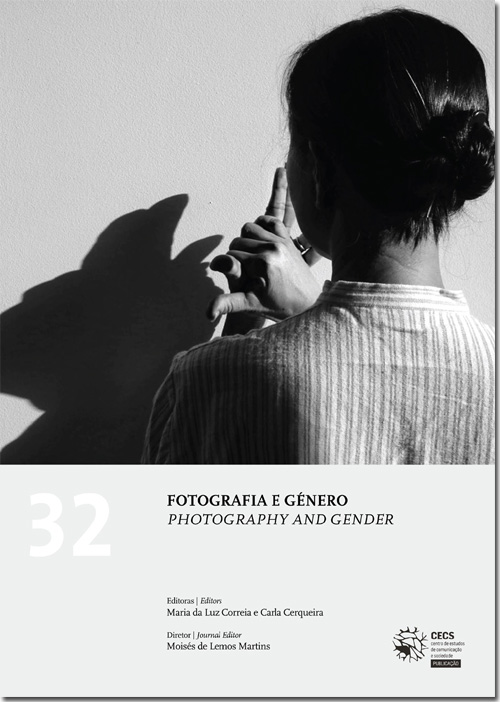Beautiful and healthy! The women in the pages of Alterosa magazine (1939-1945) during the New State and the Americanization process of Brazil
DOI:
https://doi.org/10.17231/comsoc.32(2017).2758Keywords:
Social role, woman, body, New State, americanizationAbstract
The purpose of this paper is to analyze the discursive strategies present on illustrated magazine Alterosa. The aim is to understand the construction of Brazilian woman’s social role in the period 1939-1945, a scenario that has redefined the bodily standard, conforming social behavior through moral values based on marital order. The methodology used combines text content analysis and photography. The theoretical input subsidizes reflections, based on Scott (1995), Perrot (2000), Maia (2001), Del Priori (2003) and Matos (2003), aggregating contextual specificity from the New State in Goellner (2008) and Carvalho (2011). To understand the circumstances of the Americanization process it sought dialogue with Tota (2000). From the analysis it has been concluded that speeches published in the magazine about women, by indicating traces of a body education, lined with the US mass culture nationalist and with the project of President Getúlio Vargas, which was known as New State (1937-1945) and characterized by centralization of power, authoritarianism, populism, nationalism and anti-communism (Neto, 2013).Downloads
Downloads
Published
How to Cite
Issue
Section
License
Authors own the copyright, providing the journal with the right of first publication. The work is licensed under a Creative Commons Attribution 4.0 International License.











